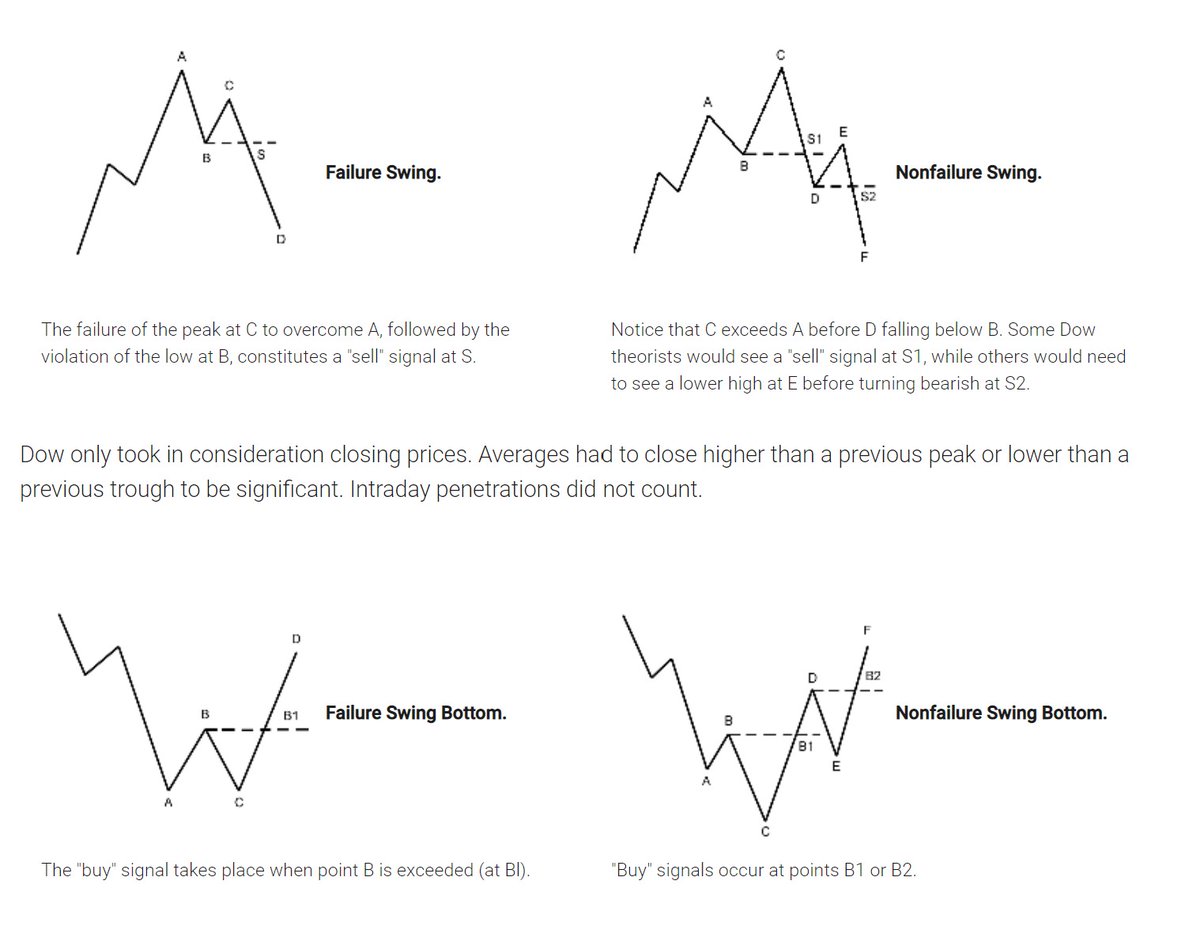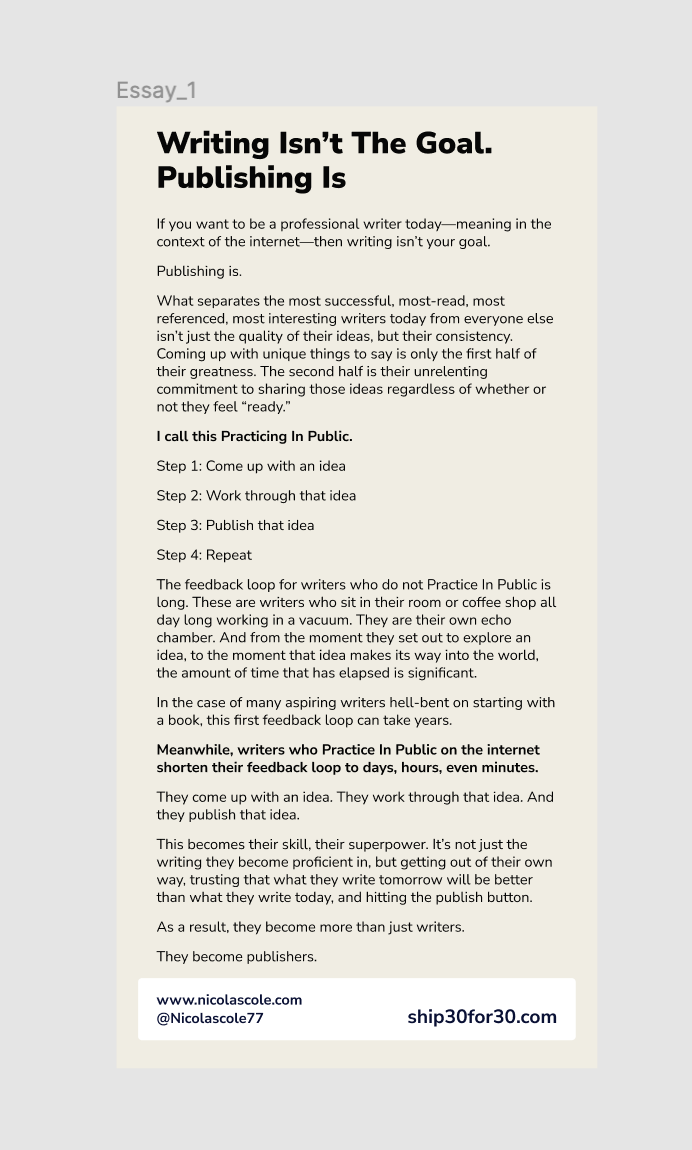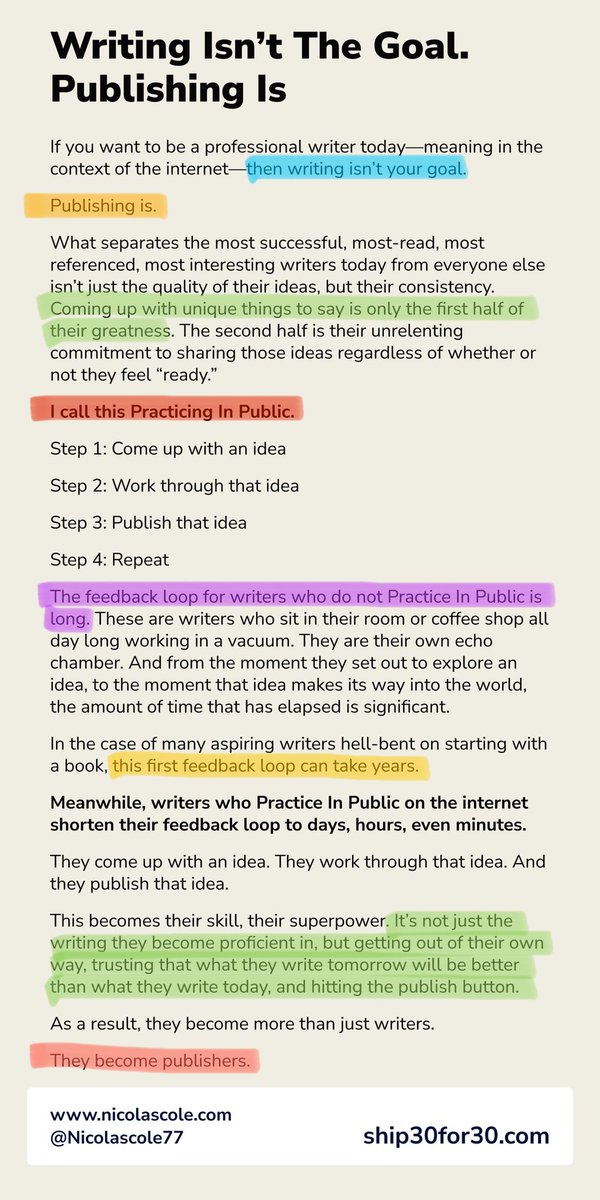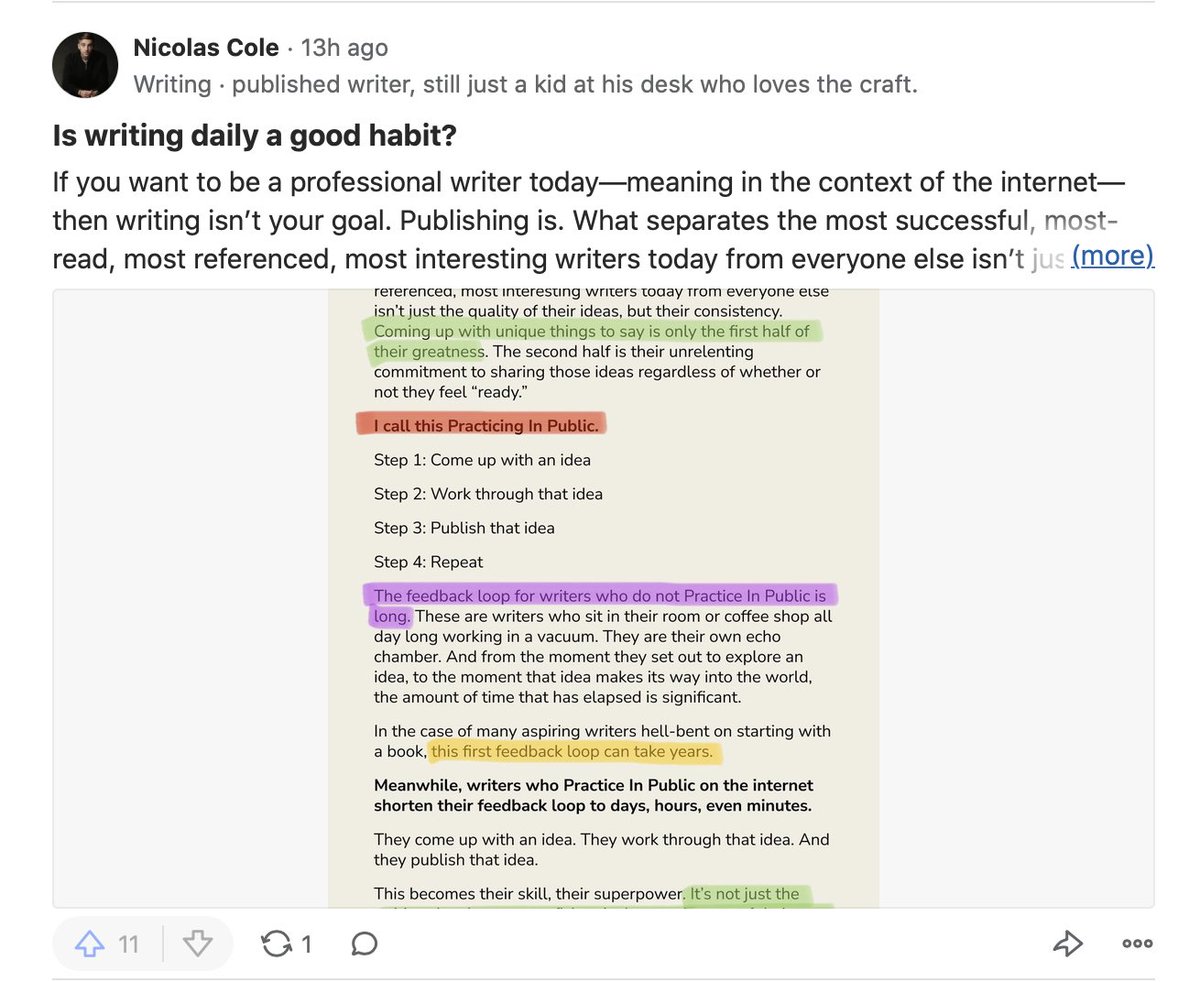(ableism, addiction)
Alright, y'all, who wants an essay about disability? This thread is vitally important to understanding canes, crutches, wheelchairs, walkers, & any other mobility aids. Ask yourself, would you feel shame about using an aid like glasses to do this task?
1/
Gentle reminder: a mobility aid is not a last resort. You are not obligated to endure increased pain and fatigue or to miss out on valued activities and experiences. If a mobility aid would improve your quality of life, that's a good enough reason to use one!
— The Tweedy Mutant \u267f\U0001f308 (@the_tweedy) January 6, 2021
Mobility aids are TOOLS. There is no one right or wrong way to use a tool (just ways that might be less likely to cause injury—if you're new to crutches DM me & I can give you a tutorial).
3/
4/
But the wheelchair isn't what you think it is. The wheelchair is FREEDOM and MOVEMENT and ACCESS.
5/
6/
I know a person in their 50s whose parent didn't have anyone to explain this, & thought a wheelchair was the last possible resort, to be avoided at all costs.
7/
8/
A mobility aid can be a lot of things to a lot of people. I don't get to tell you what it means to you, your body, & your life.
9/
1/5 people will be disabled in their lifetimes. We're the largest & most diverse minority, bc any human can become disabled at any moment. Including you.
11/
12/
13/
14/
"You are imperfect, you are wired for struggle, but you are worthy of love and belonging."
#HealingVisibly
15/15
More from Health
You May Also Like
So friends here is the thread on the recommended pathway for new entrants in the stock market.
Here I will share what I believe are essentials for anybody who is interested in stock markets and the resources to learn them, its from my experience and by no means exhaustive..
First the very basic : The Dow theory, Everybody must have basic understanding of it and must learn to observe High Highs, Higher Lows, Lower Highs and Lowers lows on charts and their
Even those who are more inclined towards fundamental side can also benefit from Dow theory, as it can hint start & end of Bull/Bear runs thereby indication entry and exits.

Next basic is Wyckoff's Theory. It tells how accumulation and distribution happens with regularity and how the market actually
Dow theory is old but
Here I will share what I believe are essentials for anybody who is interested in stock markets and the resources to learn them, its from my experience and by no means exhaustive..
First the very basic : The Dow theory, Everybody must have basic understanding of it and must learn to observe High Highs, Higher Lows, Lower Highs and Lowers lows on charts and their
Even those who are more inclined towards fundamental side can also benefit from Dow theory, as it can hint start & end of Bull/Bear runs thereby indication entry and exits.

Next basic is Wyckoff's Theory. It tells how accumulation and distribution happens with regularity and how the market actually
Dow theory is old but
Old is Gold....
— Professor (@DillikiBiili) January 23, 2020
this Bharti Airtel chart is a true copy of the Wyckoff Pattern propounded in 1931....... pic.twitter.com/tQ1PNebq7d













